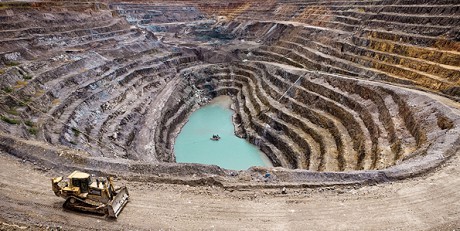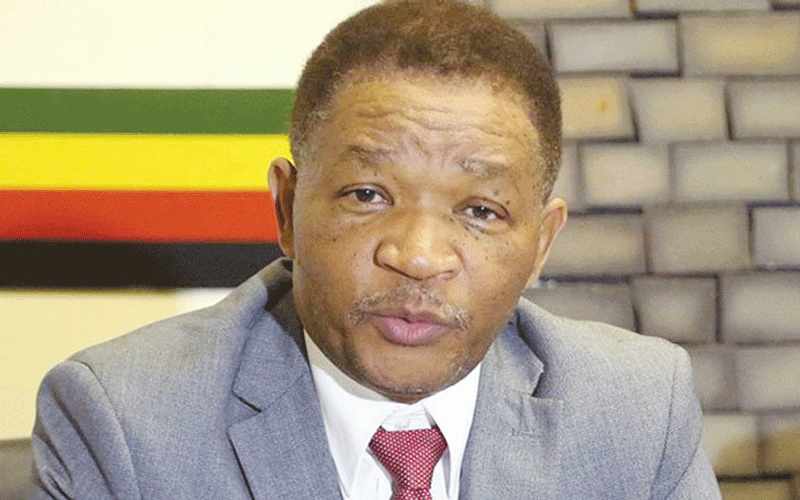
DAKAR- Copper production in Democratic Republic of Congo, Africa’s top producer of the metal, rose by 9.3 percent in the first nine months of this year, but soaring inflation remains a risk to the economy, the central bank warned on Monday. Rising mining production should help ease some of the economic problems in Congo where inflation is expected to hit 48 percent this year and the Congolese franc has fallen by 22 percent against the dollar, largely due to lingering effects from two years of low commodity prices.
Copper production in the first nine months of the year stood at 831,000 tonnes, the central bank said in a monthly report, while cobalt production increased by 18 percent to 59,000 tonnes and gold production rose 5.7 percent to 23,000 kg.
But the bank warned that any letup by authorities on tight monetary policy and austerity measures that have reduced fiscal deficits in recent months could cause inflation and depreciation of the franc currency to spiral again.
It said the annual inflation rate could rise to as high as 76 percent by year-end if those policies are relaxed. The franc could fall further, by as much as 39 percent, if the policies are not maintained, the bank said.
Congo’s mining sector, which along with the smaller oil sector accounts for 95 percent of export revenues, has grown steadily since the end of a civil war in 2003, attracting investors like Glencore, Randgold Resources and China Molybdenum.
Congo’s economy has also been rattled by political upheaval caused by repeated delays since 2016 to an election to replace President Joseph Kabila. The country’s electoral commission postponed the vote again on Sunday to December 2018.
Government spending traditionally increases near the end of the year.
“Based only on the historic inflationist behavior of the final quarter (of the year) due to the year-end festivities, it is unlikely that the current rigor will be maintained without creating social discontent,” the bank said.
- Chamisa under fire over US$120K donation
- Mavhunga puts DeMbare into Chibuku quarterfinals
- Pension funds bet on Cabora Bassa oilfields
- Councils defy govt fire tender directive
Keep Reading
Congo forecasts economic growth of 3.2 percent this year, up from 2.4 percent last year as the commodity sector continues to recover.
Despite its vast mineral riches, Congo remains one of the world’s least developed countries, with an annual budget of roughly $5 billion for a population of 80 million people.











